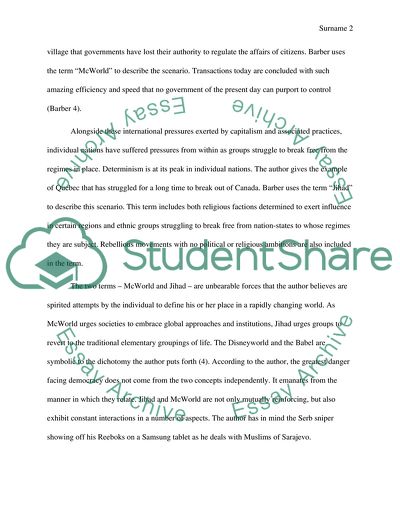Cite this document
(“Reaction Paper Essay Example | Topics and Well Written Essays - 1000 words - 7”, n.d.)
Retrieved from https://studentshare.org/philosophy/1690210-reaction-paper
Retrieved from https://studentshare.org/philosophy/1690210-reaction-paper
(Reaction Paper Essay Example | Topics and Well Written Essays - 1000 Words - 7)
https://studentshare.org/philosophy/1690210-reaction-paper.
https://studentshare.org/philosophy/1690210-reaction-paper.
“Reaction Paper Essay Example | Topics and Well Written Essays - 1000 Words - 7”, n.d. https://studentshare.org/philosophy/1690210-reaction-paper.


